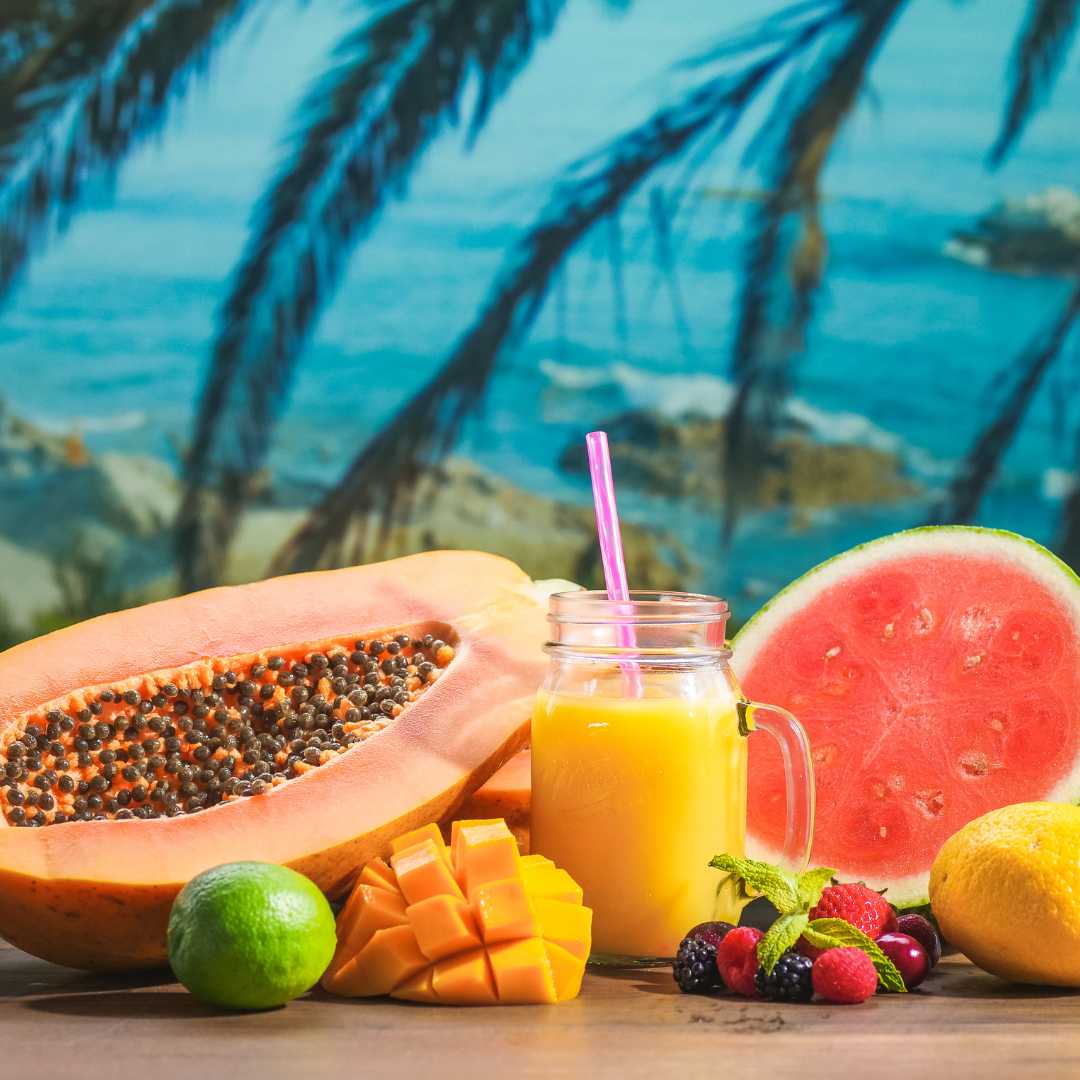
As temperatures across the globe surge, with new heat streaks being set in China and the United States and fresh highs being recorded in France, experts caution against the effects of exposure to extreme heat and offer tips on surviving the summer heatwave. The temperature in fact crossed 53.33 degrees Celsius in California’s Death Valley in the US on Sunday, July 16.
ALSO READ
Tips to beat the heat, from citizens of hot cities
Sixteen tips to deal with summer heat
In a stark reminder of the effects of global warming, the UN’s World Meteorological Agency (WMO) said the trend showed “no signs of decreasing.” “These events will continue to grow in intensity, and the world needs to prepare for more intense heatwaves,” John Nairn, a senior extreme heat adviser at the WMO told reporters in Geneva. Nairn was recently quoted saying, “Repeated high nighttime temperatures are particularly dangerous to human health, because the body is unable to recover from sustained heat.” He further tweeted, “Hopefully the message is understood. Heatwaves are not going away and we need to focus on overnight temperatures to protect people from the harm.”
With the WMO stating that the summer heatwave recorded in various parts of the globe may only continue to grow in intensity, it is important to know how to protect yourself against the searing summer heat to prevent heat-related illnesses.
Dr Jagadeesh Kumar V, senior consultant physician, KIMS Hospitals, Hyderabad says that heat-related illnesses fall on a spectrum- ranging from mild heat cramps and heat exhaustion to heatstrokes on the extreme end of the spectrum.
“All of these are caused by significant exposure to the heat. While heat cramps and heat exhaustion are the mild to moderate effects of exposure to a summer heatwave respectively, heatstroke is considered the worst possible outcome,” he says.
Dr Kumar says it is important for one to be aware of the signs of both heat exhaustion and heatstroke and the difference between the two.

Signs of a heatstroke
- High body temperature (103°F or higher)
- Hot, red, dry, or damp skin
- Fast, strong pulse
- Headache
- Dizziness
- Nausea
- Confusion
- Losing consciousness (passing out)
What to do in case of a heatstroke
- Get medical help right away
- Move the person to a cooler place
- Do not give the person anything to drink
- Help lower the person’s temperature with cool clothes or a bath with cool water
Signs of heat exhaustion
- Heavy sweating
- Cold, pale, and clammy skin
- Fast, weak pulse
- Nausea or vomiting
- Muscle cramps
- Tiredness or weakness
- Dizziness
- Headache
- Fainting (passing out)
Dr Kumar says that while heatstrokes are considered a medical emergency, cases of heat exhaustion can sometimes be partially managed at home.
He adds that the main difference between a heatstroke and heat exhaustion is that one will have very high body temperature with no sweating in the case of heatstroke while in cases of heat exhaustion, one may not have a high body temperature, but will experience severe exhaustion with sweating.

Tips on surviving summer heatwave
♦ Avoid exposure to the heat
Avoid exposure to heat as much as possible, especially during the hottest times of the day, say experts.
“The highest temperatures are usually recorded between 1 pm and early evenings. People assume it is okay to go about after sunset- this is a common misconception. The best time to go out is early morning- 5 am to 7 am, not the evenings,” says Dr Kumar.
♦ Stay hydrated
“There is no substitute for proper hydration during the summer,” says Dr Kumar, adding that there are plenty of mobile apps available today which can help one track their hydration levels. Make sure to not overhydrate during your summer workouts.
♦ Pick lightweight, breathable fabrics
Your clothing also matters, emphasizes Dr Kumar. “Pick a light fabric like cotton and avoid synthetic and woolen fabric clothes,” he says.
♦ Ensure proper ventilation
Make sure there is air circulation indoors, you can use blinds during the hottest times of the day.
♦ Stay cool
Use a damp cloth to keep your body temperature in check. One can also have cold water baths.
♦ Consume water-rich fruits
“Many fresh fruits and vegetables have high water content- where 70 to 80 % of the content is water. Fruits like watermelon and muskmelon for instance have almost 93 % water content,” says Dr Kumar.
Experts recommend consuming certain types of ‘summer fruits’ such as mangoes, jackfruit, and papaya to beat the summer heat.
Some other simple tips when it comes to surviving a summer heatwave include always remembering to carry a water bottle when you are stepping out and using sunscreen and sunglasses. To prevent heat rashes and heat induced headaches, which are common during summer months, doctors advise wearing loose-fitting clothes, ample hydration and staying away from sun exposure as much as possible.
Who is at higher risk during a summer heatwave?
Dr Kumar says that the elderly (those over the age of 65) and babies along with very young children (below 8 years) are at a higher risk of heat-related illnesses.
“Children less than 8 years, their immunity has not been properly built up yet and their body is very volatile. Do not let them go out to play during peak heat hours. Both the elderly and young children have a higher risk of heat-related illnesses even with a little exposure,” he cautions.
Takeaways
Exposure to the heat can cause a range of problems, from mild heat cramps and heat exhaustion to the more severe heatstroke which is considered a medical emergency. The elderly and young children are at a higher risk for heat-related illnesses. Experts recommend an array of practical tips such as avoiding exposure, especially during peak times, staying hydrated, wearing lightweight, breathable fabrics and consuming water-rich fruits, to beat the heat.
(With inputs from AFP)

















